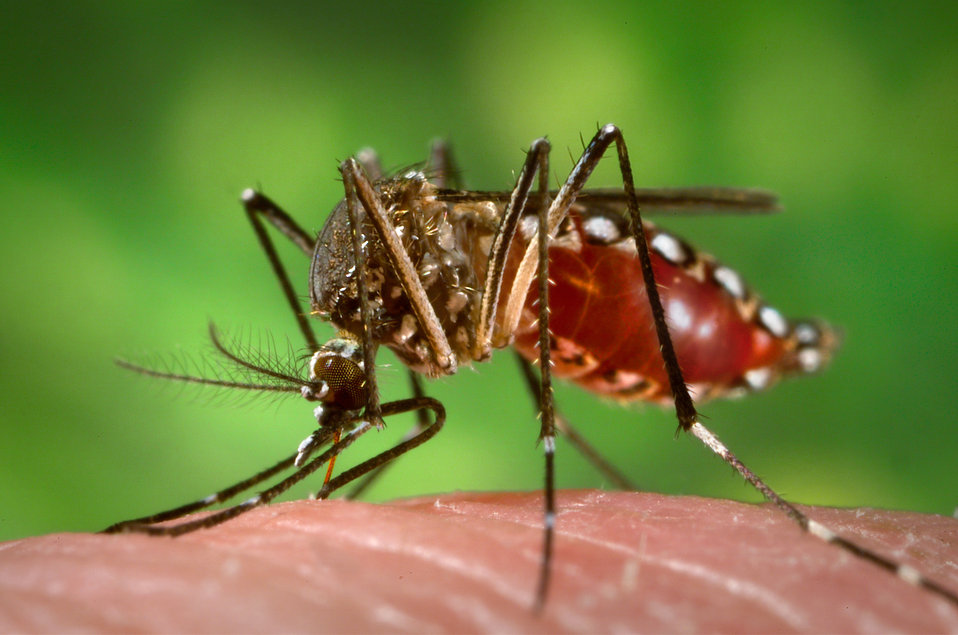KUALA LUMPUR, Oct 18 – Dengue fever in Malaysia from January until October 12 now stands at 104,746 cases, according to the National Crisis Preparedness Response Centre (National CPRC).
The number is an increase of 80.1 per cent from 58,155 cases recorded in 2018 during the same period.
The top three states with the highest number of dengue fever cases as of October 12 this year were Selangor (57,980), Kuala Lumpur and Putrajaya (13,033), and Johor (8,903).
“During the 41st week in the year 2019, a total of 2,012 dengue cases have been reported, which is a decrease of 7.7 per cent compared to the previous week,” the National CPRC said.
Total cases up to the 41st week also already surpassed Malaysia’s total number of dengue cases for 2018, which was recorded at 80,615.
The National CPRC said three dengue deaths were reported in the 41st week of the year, with a cumulative figure of 152 deaths in 2019, compared to 100 deaths during the same period last year in 2018.
In August, the Ministry of Health (MOH) raised a “dengue alert” to state directors due to an unusual outbreak nationwide.
This prompted Health deputy director-general (Public health) Dr Chong Chee Kheong to write a circular instructing state health departments to prepare plans to handle the unusual dengue fever outbreak, especially in hotspots and localities with the disease.
He also instructed each hospital to prepare for a rise in dengue fever patients and to even set up a dengue cubicle or ward if necessary.
In Parliament yesterday, Health Minister Dzulkefly Ahmad said that MOH is focused on reducing dengue cases via various measures.
These measures include an allocation of RM3.35 million for control and prevention activities in Johor, Selangor and Wilayah Persekutuan; implementation of the dengue control innovation method using Outdoor Residual Spraying (ORS) spraying in hotspots; as well as a new dengue control innovation initiative, the release of Aedes mosquito eggs with Wolbachia bacteria to replace the wild Aedes mosquito population with the dengue virus.
The presence of Wolbachia bacteria in Aedes mosquitoes will inhibit the development of the virus in the body and reduce the risk of dengue virus infection in humans.








